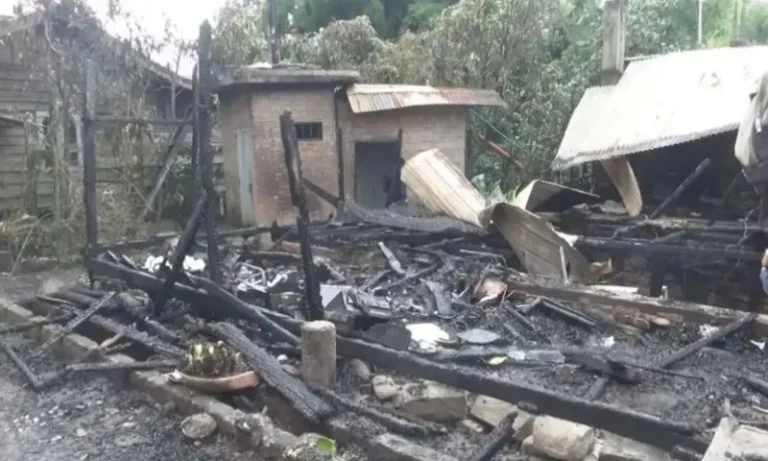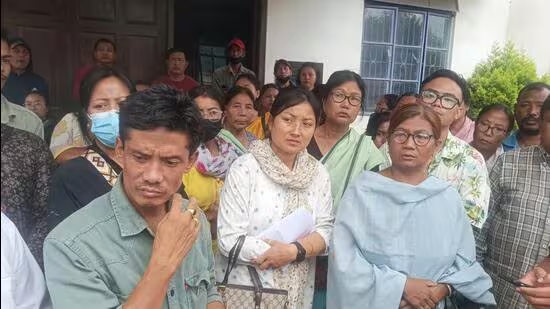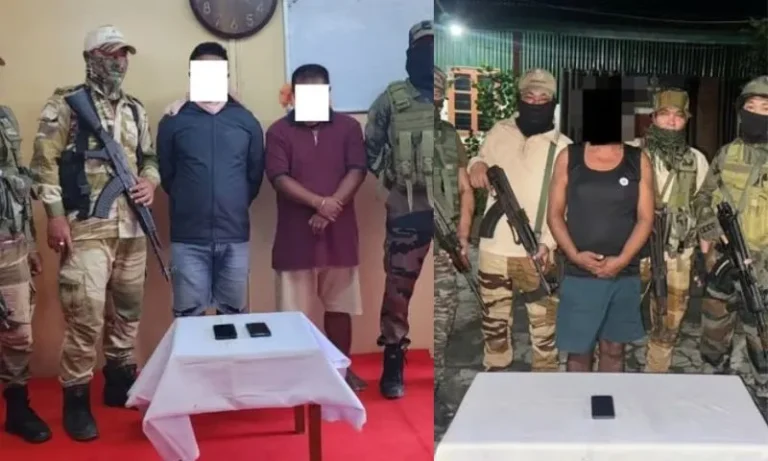Manipur Violence: Supreme Court Transfers Eight Criminal Cases to Assam NIA Court
Summary
In a decisive move aimed at ensuring impartial judicial proceedings, the Supreme Court of India transferred eight criminal cases linked to the ongoing violence in Manipur to the Special National Investigation Agency (NIA) Court in Guwahati, Assam. These cases, deeply rooted in ethnic and communal tensions, include heinous crimes such as sexual assaults, murders, and insurgent activities. The transfer underscores the court’s commitment to maintaining fairness and transparency amidst challenges in the local judicial system of Manipur.
Detailed Article
Understanding the Context
Manipur, a northeastern state in India, has been grappling with ethnic violence, political unrest, and insurgent activities over the past year. The conflict primarily involves clashes between the Kuki and Meitei communities, resulting in loss of life, displacement, and a breakdown in governance. In this volatile environment, allegations of bias and intimidation within the state judiciary have necessitated external interventions.
The Supreme Court, acknowledging these concerns, decided to transfer eight cases to Assam. This move is part of broader efforts to restore faith in the judicial process and ensure justice for the victims, who include individuals subjected to unimaginable atrocities.
Why Were the Cases Transferred?
The decision to move these trials out of Manipur was driven by several factors:
- Security Concerns: The state’s fragile law-and-order situation makes the safe and fair conduct of trials challenging.
- Potential Bias: With deep-rooted ethnic affiliations among the populace, ensuring an unbiased trial in Manipur is difficult.
- Judicial Transparency: Shifting the cases to Assam, a neighboring state with a stable judicial setup, helps prevent undue influence or intimidation.
The apex court emphasized the need for a neutral venue, allowing victims and witnesses to participate without fear.
Nature of the Cases
These eight cases are diverse and alarming, reflecting the grim realities of the violence:
- Sexual Assaults: A case involving women paraded naked and subjected to sexual violence captured national attention after a video went viral. The Supreme Court has taken special note of this horrific crime.
- Murders and Arson: Incidents of targeted killings and destruction of properties have compounded the suffering of already vulnerable communities.
- Insurgent Activities: Cases tied to thefts of arms and ammunition and their alleged use by separatist groups have raised security alarms.
Each case has been meticulously reviewed by the apex court, which cited concerns about local investigative and judicial capabilities.
The Role of the NIA Court
The National Investigation Agency (NIA) is tasked with handling cases involving terrorism and significant criminal activities affecting national security. By transferring these cases to the Special NIA Court in Guwahati, the Supreme Court ensures:
- Expert Handling: Cases involving insurgency and communal violence require specialized investigative and judicial expertise.
- Expeditious Trials: The NIA Court is better equipped to handle complex cases with timely outcomes.
- Fair Process: The location and mandate of the NIA Court minimize external pressures.
Implications of the Transfer
This landmark decision carries profound implications for the justice system and the ongoing conflict:
- Justice for Victims: By removing potential biases, the court offers victims a fair chance at justice.
- Reinforcing Rule of Law: The move reassures the public that the judiciary remains impartial and capable of addressing even the most challenging cases.
- Setting a Precedent: This transfer sends a message that systemic challenges will not deter the judiciary from upholding constitutional principles.
Challenges Ahead
While the transfer is a significant step, it also comes with its challenges:
- Logistics: Transporting evidence, witnesses, and victims to Assam adds logistical complexity.
- Witness Safety: Ensuring the safety and cooperation of witnesses is paramount to successful prosecutions.
- Resolution of Broader Conflict: Addressing the root causes of the ethnic violence remains a pressing concern for policymakers.
A Glimpse into the Future
The decision to transfer these cases might pave the way for broader reforms in handling cases of communal violence across India. If successful, this model could inspire confidence in the judicial process in other conflict-affected regions.
FAQs
- Why were the cases transferred to Assam? The Supreme Court aimed to ensure impartial trials, given the volatile situation in Manipur and the risk of local biases.
- What kinds of cases were transferred? The cases involve sexual assaults, murders, and insurgent activities, reflecting the severity of the ongoing conflict.
- What role will the NIA Court play? The NIA Court in Assam will handle these cases with expertise, focusing on timely and fair trials.
- How does this decision impact victims? It offers victims hope for justice in a safer and more neutral judicial environment.
- What are the broader implications of this transfer? The move reinforces faith in the judiciary’s impartiality and may influence future approaches to conflict-resolution cases.




